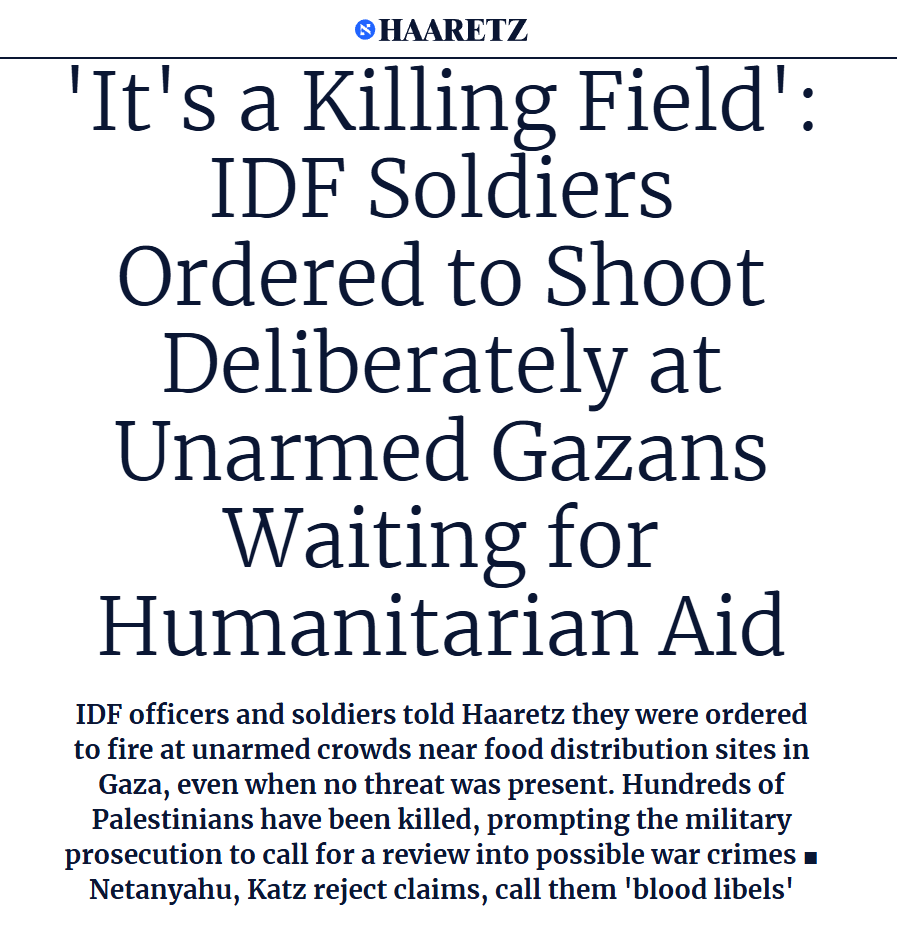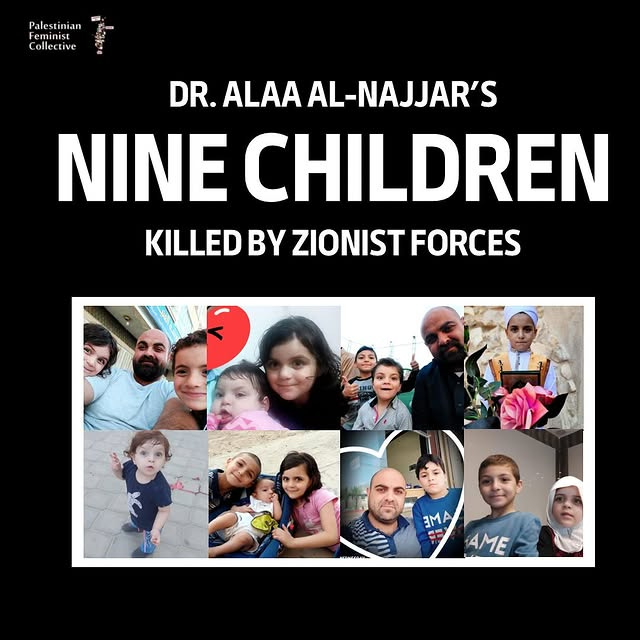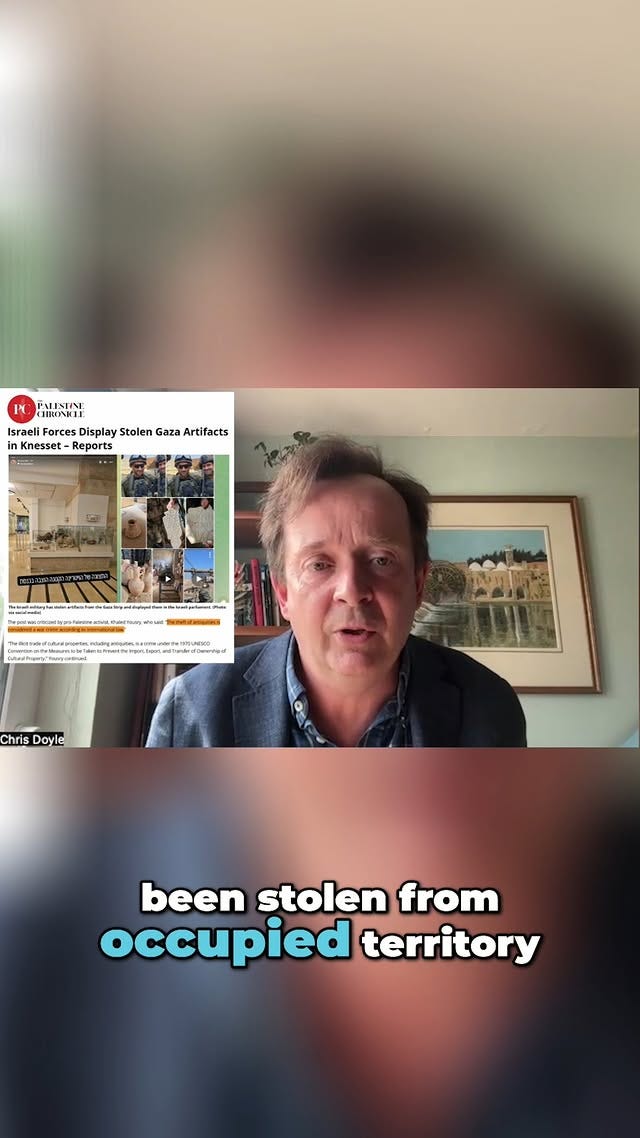Writing About Love When The World Is On Fire
When the world is on fire, storytelling becomes both witness, resistance and a reason to keep going.
Hello my friends,
I sit down to type this - and the world presses in. Headlines I can’t look away from, stories I can’t bear to read. And, even worse, the stories that mainstream sites choose to ignore. 25 million starving in Sudan. Smoke rising behind tents where Gazan children once played. Palestinian babies being starved to death. Temperatures rising, the climate dying, the ‘freedoms’ we thought we had in our western democracies being eroded. No-one being held to account. No-one listening to the growing voices asking for something else. Something honest, something bold, something honourable. Something worthy of our souls, our hearts, the best of our humanity
This is the world. This is where we write.
My friends, my own quiet voice inside my own echoing brain asks: what can we do?
I know what I do. I write about hope, and love, and the finding of these things, and self-belief, and dignity, even when the world presses in. But some days, I wonder - ‘Shamim, how can you write about love when the world is on fire?’
But maybe the better question is: how can you not?
Because when we feel no agency in running the world, or feel helpless when we watch Palestinians being thrown into a hunger games for food, knowing the IDF has been given licence to gun them down (source: Haaretz); love, in all its forms, is not an escape route, or a way to block out horror and forget it. Love is the evidence that we are can still be human in the face of violence, racism, facism and those who would turn us against each other. Love is the evidence that even as everything collapses, there’s a heartbeat we protect. There’s a face we turn to in the dark.
In Gaza, that love is everywhere, heartbreaking and raw, though it rarely makes the headlines. The father shovelling rubble with bare hands, hoping for breath beneath. Mothers who starve to feed their children a few scraps of food. Doctors who keep going, there on the ground, or flying in from comfortable lives in the UK and US, to operate without anaesthesia, to bear witness to children being sniped in the head, limbs being lost, but going on anyway. All the way to the hundreds of thousands of people everywhere who keep demonstrating, keep posting, keep talking about things that are important to them.
The weight of this moment in time is universal. A lot of us feel it. A lot of us wake up at night, anxious. A lot of us try to escape with movies, with wine, with staying busy. The world is on fire—not only from bombs, but from rising waters, burning forests, the silent disintegration of lives lived under threat, poverty, silence. If you listen too closely, you can hear the threatening crackle of it all.
But what I’ve come to understand - and yeah, maybe it’s a coping mechanism but maybe it’s just the truth of being human - is that beneath that crackle, somehow, still breathing softly, gently and beautifully, is love.
So, today, as I sit down to write this, I remind myself that love stories aren’t naive at all. They’re a kind of rebellion. Writing about love when the world is ablaze isn’t about looking away, it’s about looking closer. It’s about reaching into the forge and pulling something intact and better out of it.
There’s a moment I return to when I feel the overwhelm set in. It's not from any of my books or films, but from a photograph I can’t forget. Dr. Alaa al‑Najjar, a 36-year-old pediatrician and mother of ten, spent the morning of Friday, May 23, saving the lives of other people’s children at Gaza’s Nasser Hospital. By nightfall, she was no longer a healer, but a mourner, cradling what remained of her own.
What words can possibly hold that? Maybe none. But we try. Because storytelling isn’t separate from the world, it’s stitched into its seams.
And if we don’t write, or care in whatever way works for us; if we let silence take the space instead, then grief wins twice. Not only in the lives it steals, but in the future it stifles.
Writing about love in these times doesn’t mean ignoring the devastation. It means refusing to let it be the only story. It means saying: we were here, and we cared, and we chose tenderness anyway.
When you write a scene of connection, a hand held, a tear wiped, a joke told through pain…When you live that connection—you aren’t escaping the fire. You’re showing us what still burns bright inside it.
You’re reminding us that even now, we are not just victims of history, we are its storytellers. That’s power. That’s why the universities and libraries get bombed, the art gets stolen, and the books get burned. But they can’t keep us down.
So yes, write about love when the world is on fire.
Write the difficult conversations held in cramped, dimly lit shelters. Write the way someone’s voice steadies when they lie to comfort a child. Write the silence between two people who can’t say what they need to, because there may not be time. Write what it means to hold onto love—not because it softens the pain, but because it’s what makes surviving it possible.
Because if we stop telling those stories, we risk forgetting what we’re fighting for.
If something in this letter resonated with you, I’d love to hear from you. Send me a line, something you’ve seen, something you’ve felt, something you’ve written. A glimpse of love, held steady against the dark. I’ll gather a few of your reflections in the next letter, so we can hold them together.
With love—and fire,
Shamim





These words put me in a light trance; not so much that they would cause a disconnect to the atrocities being laid bare but just enough to arrest all of my attention. Shamin, thank you for saying what most of us have been feeling. Many, like myself, are finding it increasingly difficult to recognise the world we are now living in. It is in times like these that the essence of love can be truly released. You are so wonderful. Please never stop talking about love in the way you do.